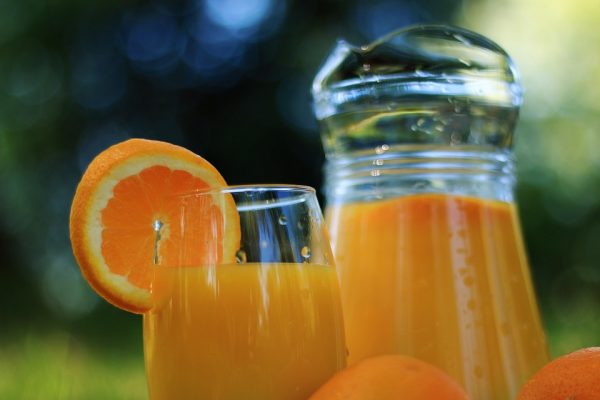What is the difference between pasteurized fruit juice and unpasteurized fruit juice, and is drinking unpasteurized a risk to my health?
Pasteurization is the process in which the juice is heated to a high temperature for a short time to kill off any harmful bacteria on the fruit (or vegetables), similar to the way in which milk is pasteurized.
According to the U.S. Food and Drug Administration, most juice produced in the U.S. is pasteurized.
The issue of unpasteurized juice often arises in the autumn, when it is common for orchards to produce their own apple cider. Many do not pasteurize it before selling it. Other sources of unpasteurized juices include juice bars, farmers markets and health-food stores.
Unpasteurized juice and cider have been linked to outbreaks of foodborne illness. Drinking unpasteurized juice might be a risk to your health if it contains potentially harmful bacteria. How can you know? You certainly can’t tell by looking at your juice whether harmful microorganisms are lurking in it. If you have concerns, it is best to err on the side of caution and buy pasteurized juice.
Many people are able to recover from a foodborne illness due to the strength of their immune systems. Others, including children, the elderly and those with compromised immune systems, might become sick or even die from such bacteria.
more on dispatch.com




